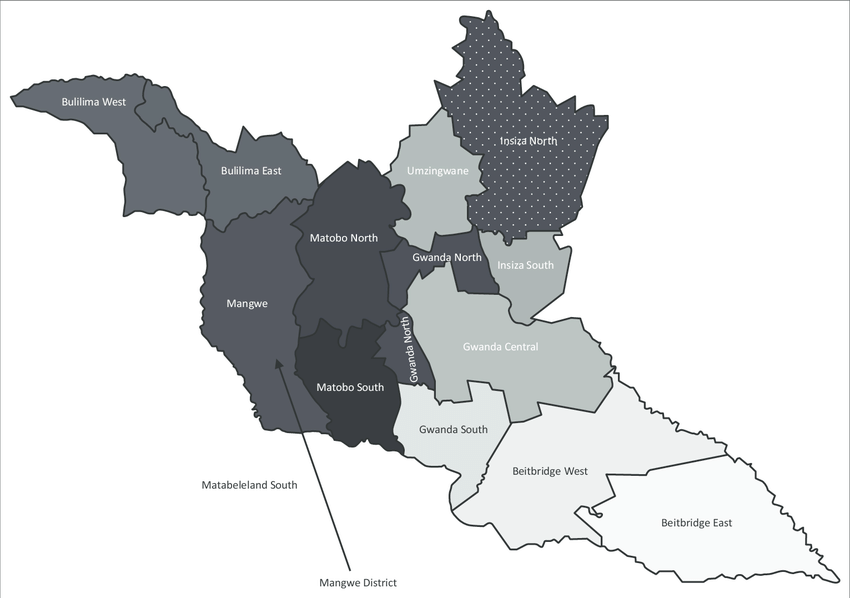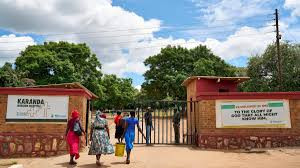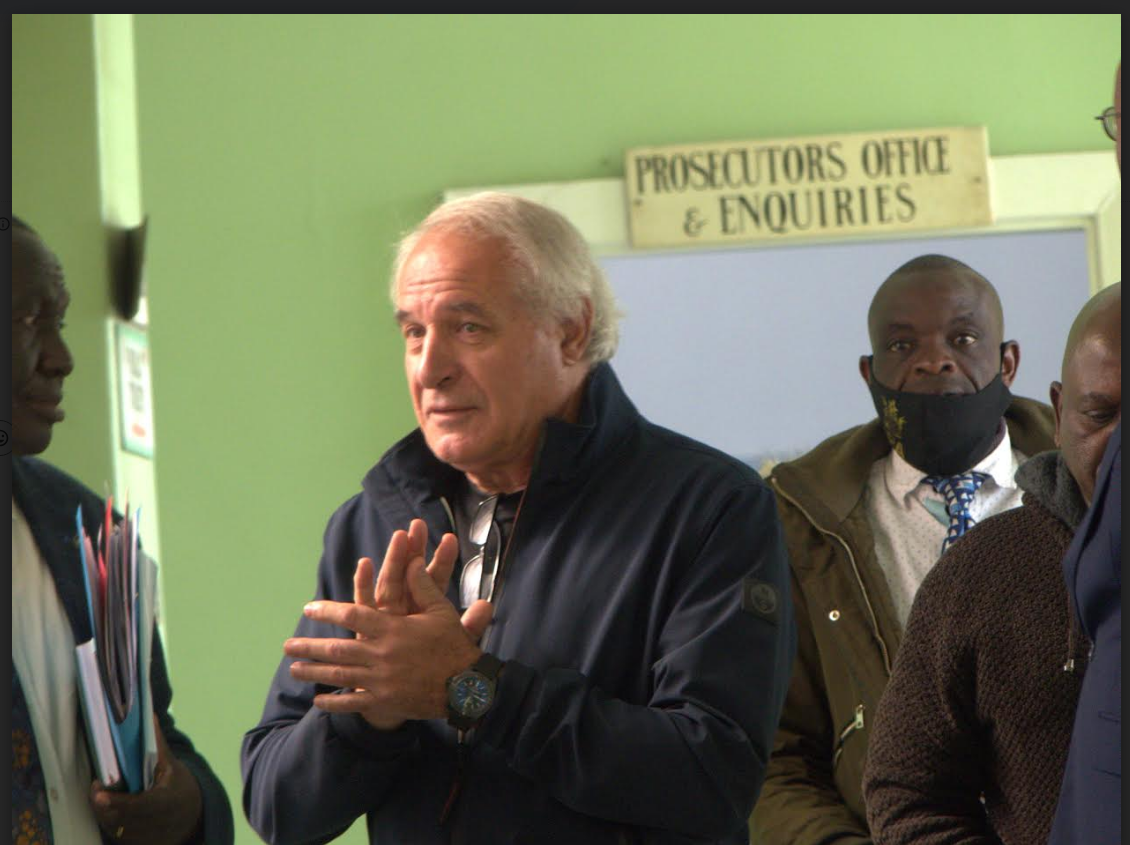
BY SILISIWE MABALEKA Villagers in Mangwe district in Matabeleland South have embraced new farming techniques introduced by donors that are helping them to improve their agriculture yields.
The villagers at Mapulula in ward 2, Sikhulu ward 12 and Slima ward 13 said they were grateful for the interventions by the Food and Agriculture Organisation of the United Nations (FAO), Unicef and Sustainable Agriculture Technology under the Enhanced Resilience for Vulnerable Households in Zimbabwe projects which seek to create food security in the drought prone area.
Sibonakaliso Khanye, a farmer from Mapulula said the ERVHIZ projects which promote sustainable agro ecology practices in dry lands, helped them to improve their yields.
“This project is very crucial, we now know how to conserve water to ensure that our crops don’t wilt and die amid shortages of rainfall,” Khanye said.
“We have also been taught how to make trenches and potholes to curb loss of water on the ground.”
Tryphine Ncube, an agricultural extension supervisor in Mangwe, said the villagers were equipped with the information through a two week workshop known as Farmer Field School where they were taught water conservation methods and given inputs suitable for their region.
“We have adopted the new farming methodologies, which seek to improve yields as farmers are encouraged to practice water conservation techniques, water harvesting especially when using basins,” Ncube said.
“Drought tolerant seeds were also introduced.”
- Chamisa under fire over US$120K donation
- Mavhunga puts DeMbare into Chibuku quarterfinals
- Pension funds bet on Cabora Bassa oilfields
- Councils defy govt fire tender directive
Keep Reading
Unicef Zimbabwe representative Tajudeen Oyewale said the joint programme by FAO, Unicef and SAT, which was funded by the European Union, sought to address issues of nutrition, hygiene and sanitation through the wash projects.
FAO sub-regional coordinator for southern Africa Patrice Talla Takoukam said the projects would improve nutrition in the communities.
The projects are also being implemented in Insiza, Matobo, Bulilima, Mangwe, Gwanda and Beitbridge in Matabeleland South.











